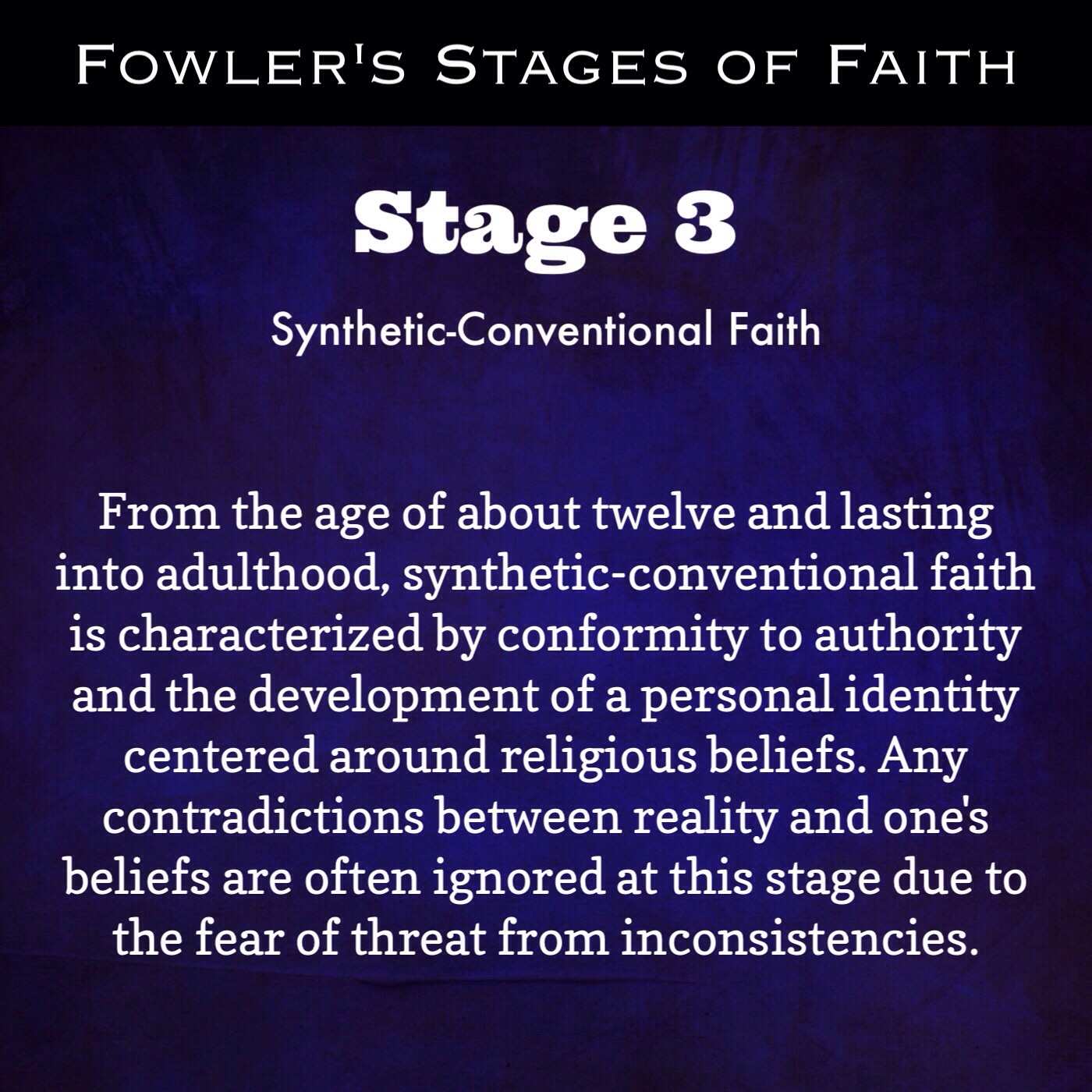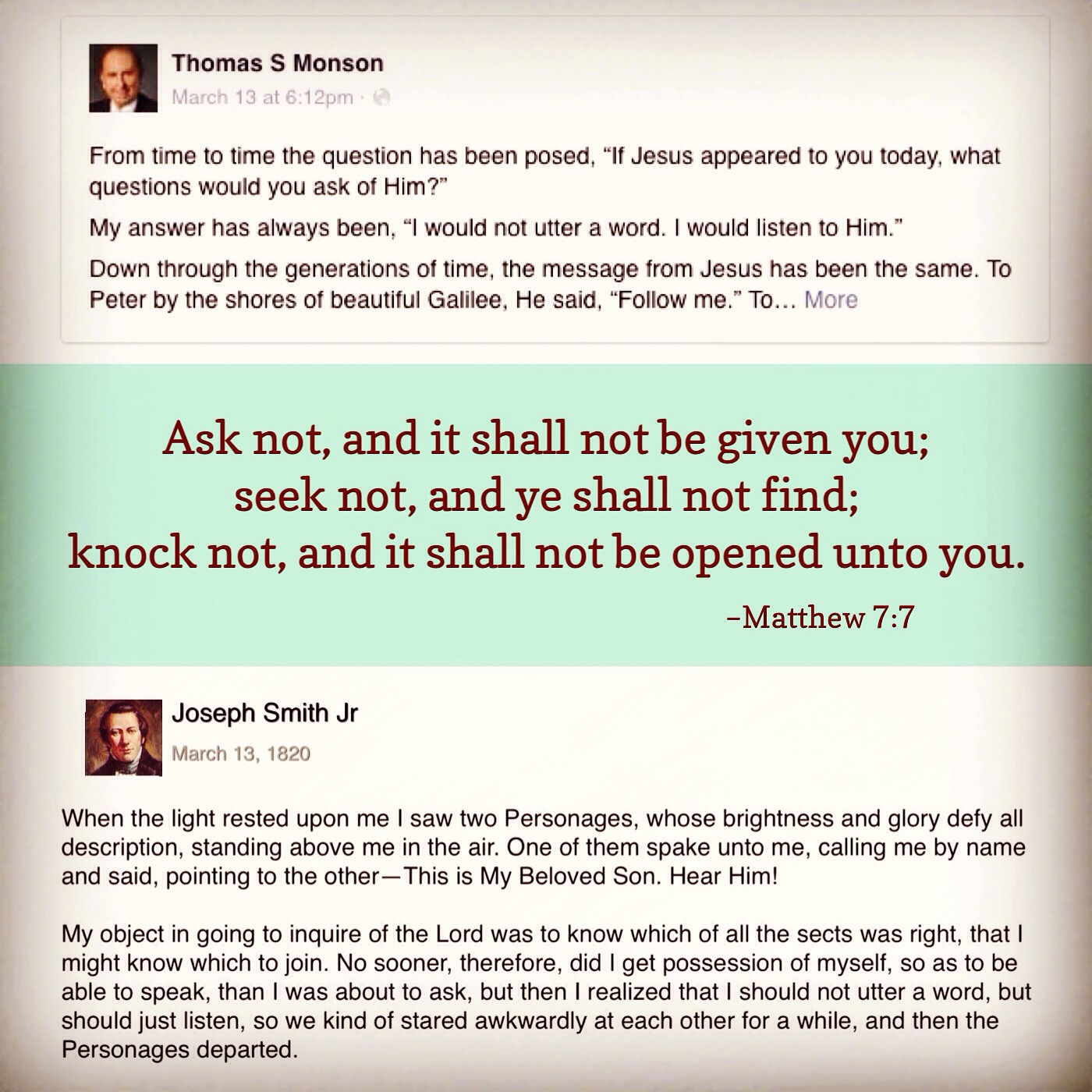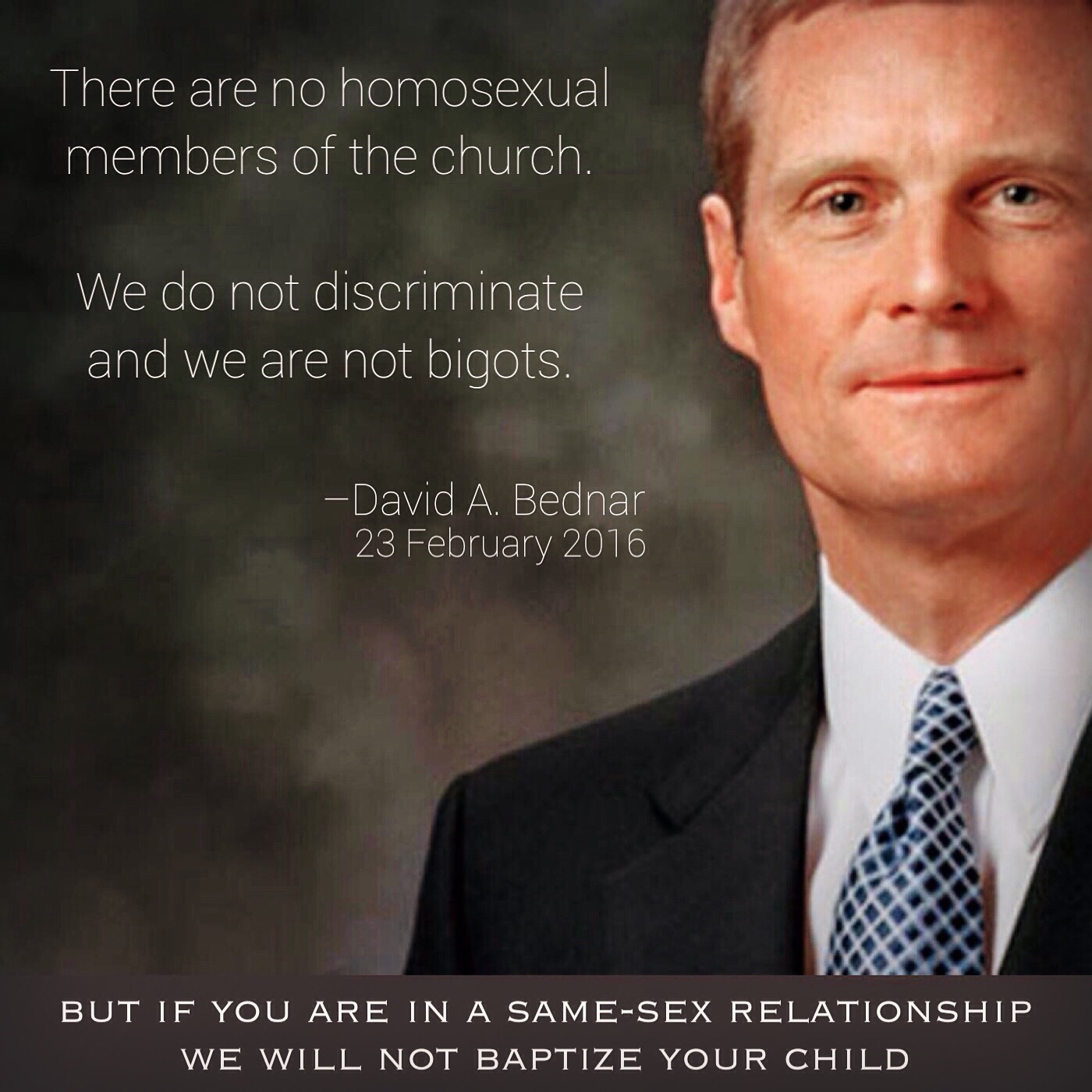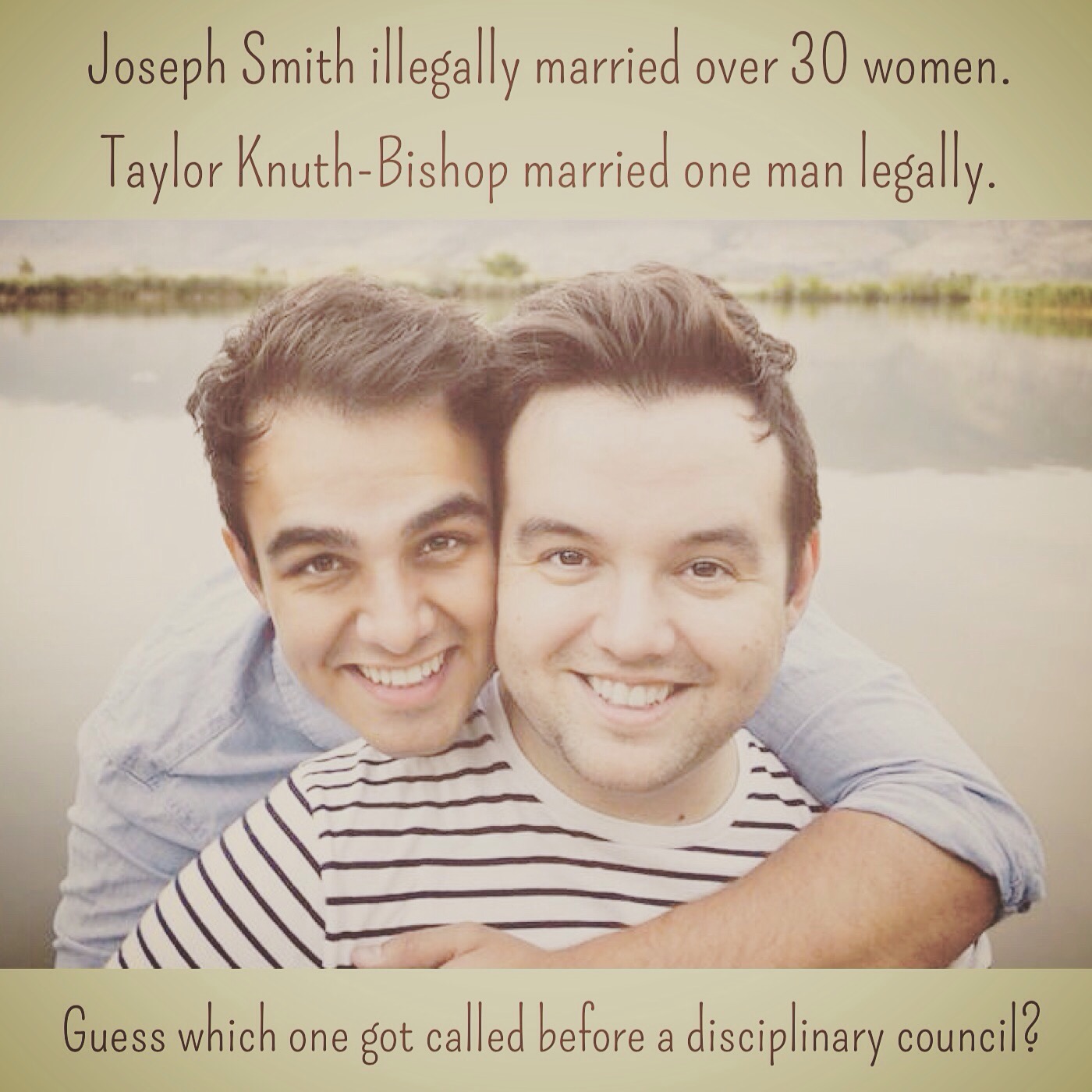
STAGES OF FAITH: In 1981, James Fowler published a book called Stages of Faith in which he analyzed the typical ways in which people tend to experience their faith. The word faith in this sense does not necessarily mean a religious system, but rather the way in which a person relates to life and the stories they tell themselves to make sense of it. In this sense, even an atheist can be said to be in one of Fowler’s stages. I thought it would be interesting to present a very brief overview of Fowler’s stages of faith.
Stage 0: Primal or Undifferentiated Faith. This occurs before language develops, usually up to about age two, and is largely dependent upon feelings of safety and security. Infants who are taken care of will naturally have a sense of a benign and happy universe, while those who are neglected or abused will develop a sense of distrust about the universe. Since language has not yet developed, these feelings do not coalesce into any formalized kind of belief system, hence this is called stage 0 rather than stage 1.
Stage 1: Intuitive-Projective Faith. This is the stage of preschool children in which fantasy and reality often get mixed together. During this stage, our most basic ideas about God are usually picked up from our parents and/or society. We readily accept as fact all kinds of myth, such as Santa Claus, the Easter Bunny, and Jesus.
Stage 2: Mythic-Literal Faith. When children become school-age, they start understanding the world in more logical ways. They generally accept the stories told to them by their faith community but tend to understand them in very literal ways. They believe in a just universe and anthropomorphic deities. A few people remain in this stage into adulthood.
Stage 3: Synthetic-Conventional Faith. Most people move on to this stage as teenagers. At this point, their life has grown to include several different social circles and there is a need to pull it all together. When this happens, a person usually adopts some sort of all-encompassing belief system. However, at this stage, people tend to have a hard time seeing outside their box and don’t recognize that they are “inside” a belief system. At this stage, authority is usually placed in individuals or groups that represent one’s beliefs. The world is often seen in black and white terms without a lot of nuance, and information seen as hostile to beliefs are usually discounted or ignored. Many people remain in this stage their entire adult life.
Stage 4: Individuative-Reflective Faith. This is the tough stage, often begun in young adulthood, when people start seeing outside the box and realizing that there are other “boxes”. They begin to critically examine their beliefs on their own and often become disillusioned with their former faith. This stage is sometimes seen as the faith crisis stage. Ironically, the Stage 3 people usually think that Stage 4 people have become “backsliders” when in reality they have actually moved forward. A lot of the time, this stage ends up being very non-religious and some people stay in it permanently.
Stage 5: Conjunctive faith. It is rare for people to reach this stage before mid-life. This is the point when people begin to realize the limits of logic and start to accept the paradoxes in life. They begin to see life as a mystery and often return to sacred stories and symbols but this time without being stuck in a theological box. People in this stage often recognize that there is value in all belief systems, although they usually prefer their own. They are less concerned with finding the one true path, and are comfortable living with unresolved questions.
Stage 6: Universalizing Faith. This stage is reached when a person realizes that there is no essential difference between the self and the other. Focus is more on the community than the individual. In some traditions, this is called enlightenment. Few people reach this stage. Those who do live their lives to the full in service of others without any real worries or doubts.
COMMENTARY: The Mormon church as an institution seems firmly planted in stage 3, and its practices and policies seem designed to keep members in that stage for as long as possible. But what do I know? I’m just another apostate.




